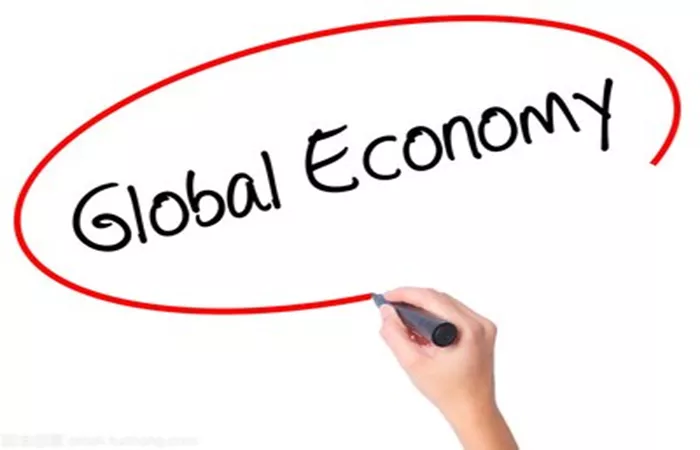As President Trump’s tariff war continues, a striking divergence has emerged between Main Street anxiety and Wall Street composure. The Economic Policy Uncertainty Index, tracking public concern, surged 28% in May while the VIX “fear index” dropped nearly 20%, with major stock indices posting gains.
The TACO Effect: Market Desensitization
BCA Research’s Marko Papic describes a “TACO trade” phenomenon – markets learning to discount Trump’s last-minute retreats from aggressive positions. “Like the saying goes – fool me once, shame on you; fool me twice, shame on me,” Papic told CBN. “Investors are getting better at filtering the noise.”
Wedbush’s Dan Ives compares the tariff threats to “crying wolf,” noting substantially scaled-back actions from initial proposals. “The market sees these as paper tigers now,” Ives said, pointing to Trump’s unrealistic “build iPhones in America” rhetoric as evidence of disconnection from economic realities.
The Real Economic Story
Analysts suggest the market may be missing the bigger picture. “The 2025 macro narrative is about fading U.S. fiscal stimulus,” Papic emphasized, noting capital outflows reflecting slowing growth rather than tariff concerns. UBS observed the administration’s sensitivity to market reactions but warned policy whiplash erodes America’s safe-haven status.
Mounting Domestic Discontent
YouGov polls reveal only 35% approval for Trump’s trade policies, with 57% considering tariffs excessive. The OECD projects U.S. growth slowing to 1.6% in 2025 amid persistent inflation, with Chief Economist Álvaro Pereira warning: “The growth shock could be quite severe…with profound implications for everyone.”
While markets adapt to the volatility, the OECD cautions that even policy reversals won’t immediately revive global growth amid entrenched uncertainty – leaving American consumers as the ultimate casualties of the trade war.
Related topics:


